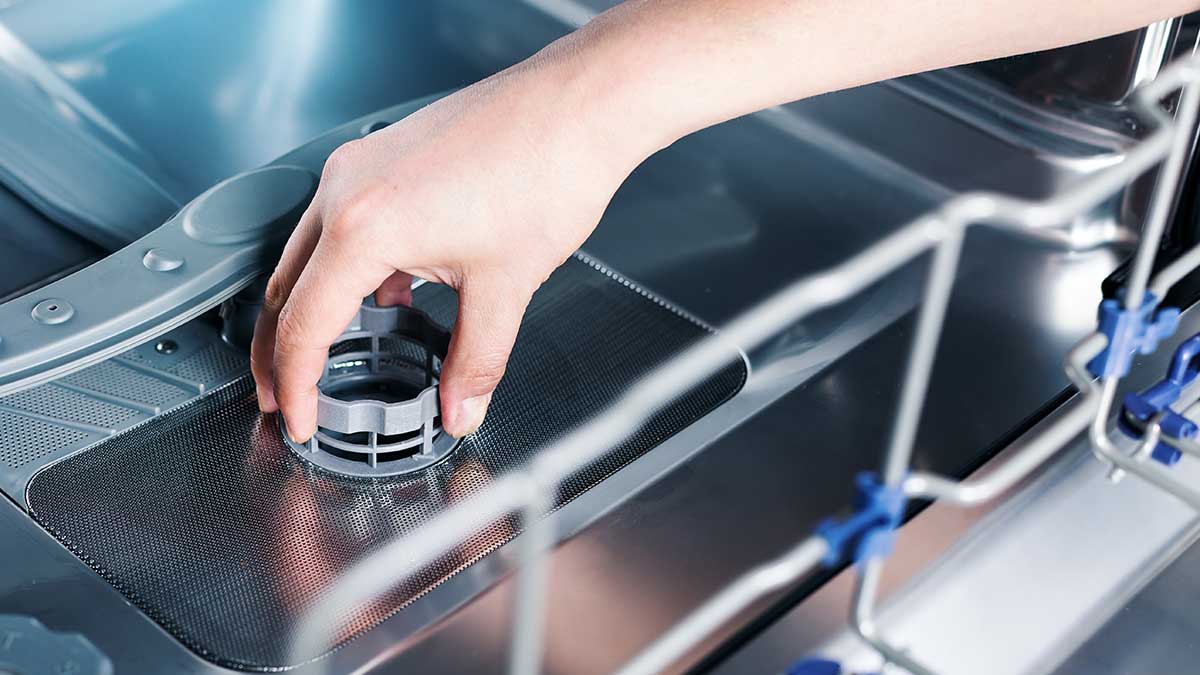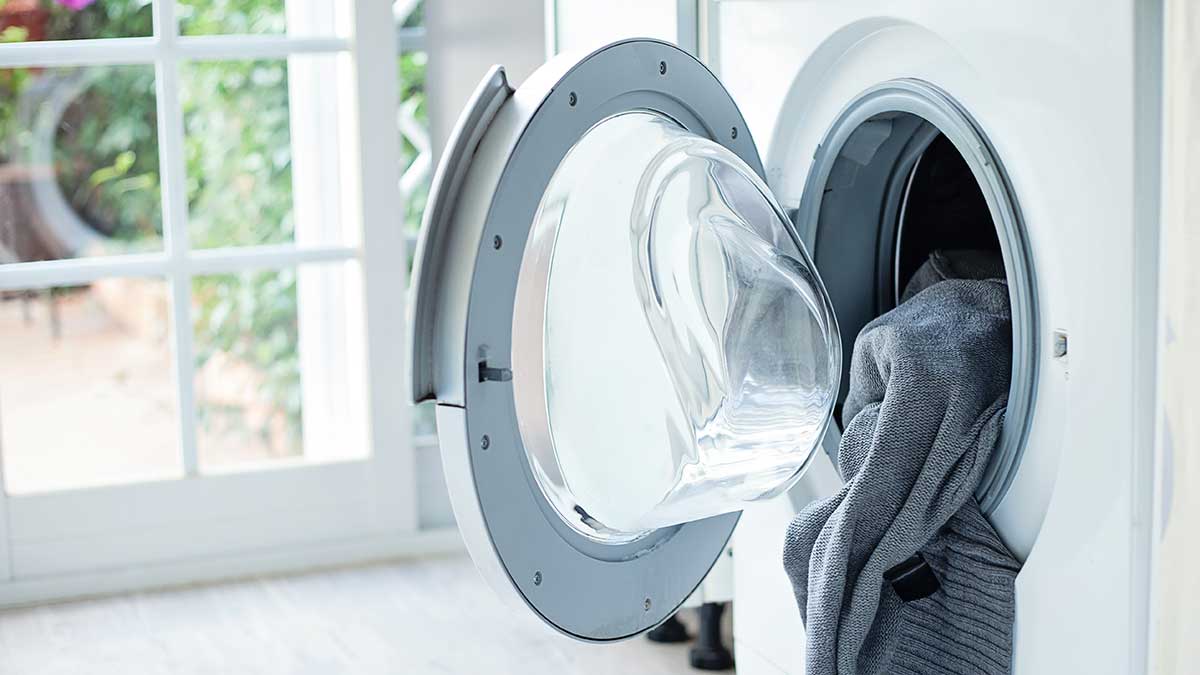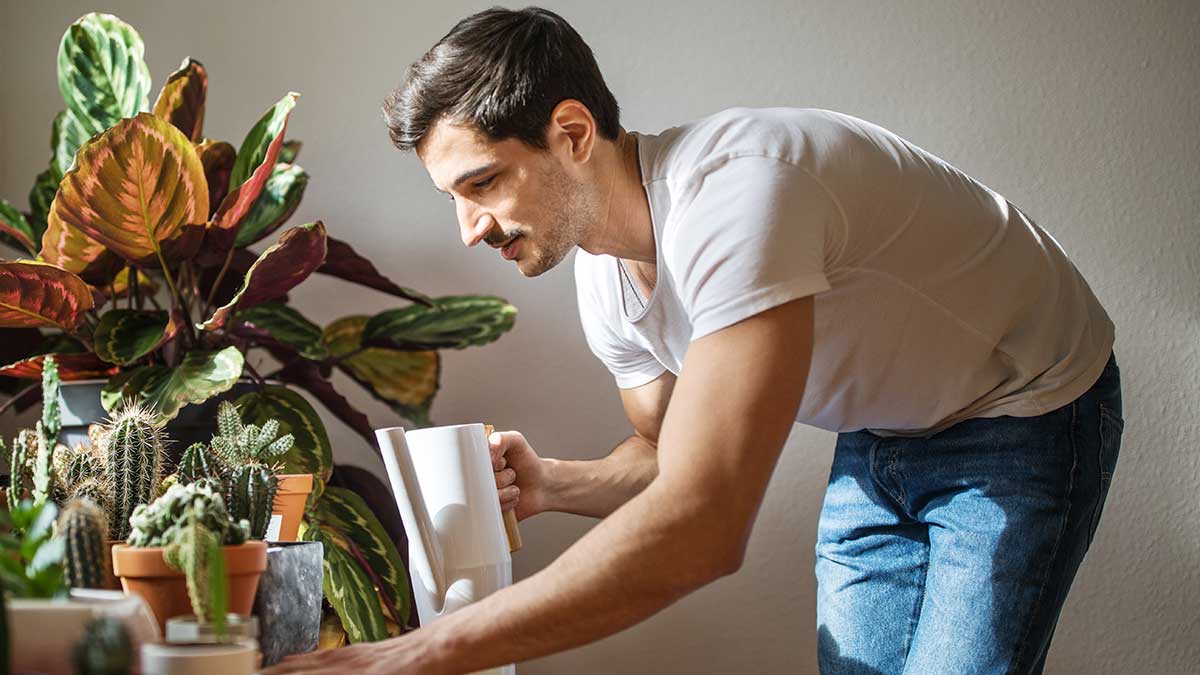Learn how Victorian households can reduce their bills and save money by installing smart home devices like lightbulbs, sprinklers and thermostats.
7 ways to save water at home

Simple tips and tricks to help stop wasting water at home.
Many Australians who lived through the Millennium Drought from the late 90s to the early 00s will remember the ‘four-minute shower’ mantra and the catchphrase, ‘Have a shower with your fella, Stella’ coined by the water saving campaign during the time period.
Over the past two decades, there has been a growth in awareness to protect the environment, improve sustainability, and avoid water shortages – yet more can still be done. More than one billion litres of Australia’s treated water is lost every day due to leaks and cracked pipes, all while rainfall in Australia continues to sit well below the global average.
In Melbourne, more than two thirds of the city’s water supply is used in households. Put simply, while water is a necessary life resource, our availability and supply are declining due to climate change and overuse.
We are currently using more water than can be stored for long-term use. This natural resource is depleting in supply – so here’s how to save it.

How to use less water at home
The information provided is general advice only. Before making any decisions please consider your own circumstances and the Product Disclosure Statement and Target Market Determinations. For copies, visit racv.com.au. As distributor, RACV Insurance Services Pty Ltd AFS Licence No. 230039 receives commission for each policy sold or renewed. Product(s) issued by Insurance Manufacturers of Australia ABN 93 004 208 084 AFS Licence No. 227678.





